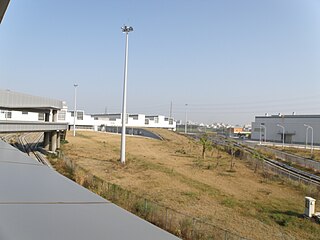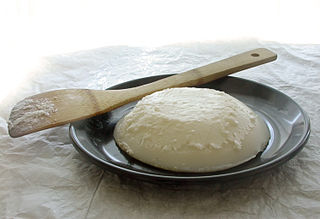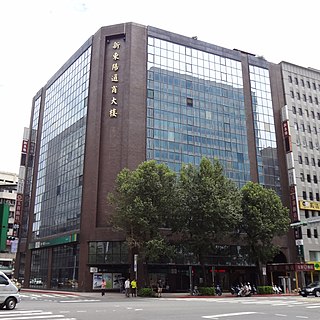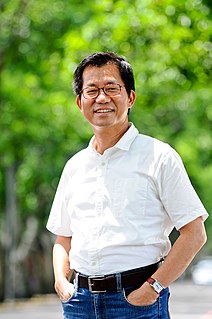It has been suggested that this article be merged with 2011 Taiwan food scandal and 2013 Taiwan food scandal . (Discuss) Proposed since February 2018. |
This article may be expanded with text translated from the corresponding article in Chinese. (September 2014)Click [show] for important translation instructions.
|
The 2014 Taiwan food scandal refers to a series of food safety incidents in Taiwan that came to light in 2014. Adulteration of cooking oil with recycled waste oil and animal feed oil was discovered in September 2014. [1] [2] Despite coming to light only in 2014, mass food adulteration by Taiwanese food conglomerates, however, has been suppressed for decades, and the food safety crisis has been among the reasons for the electoral defeat of the Kuomintang in late 2014. At least 1,256 businesses were affected in the gutter oil scandal. [3] [4] In November 2014, it was found that dried tofu products (a.k.a. dougan 豆乾) have been adulterated with an industrial dye, methyl yellow (a.k.a. dimethyl), for some 20 years. [5] In December 2014, it was furthermore found that even regular non-dyed tofu has been found contaminated with carcinogens, resulting in over 25,000 kg recalled. [6]

Food safety is a scientific discipline describing handling, preparation, and storage of food in ways that prevent food-borne illness. The occurrence of two or more cases of a similar illnesses resulting from the ingestion of a common food is known as a food-borne disease outbreak. This includes a number of routines that should be followed to avoid potential health hazards. In this way food safety often overlaps with food defense to prevent harm to consumers. The tracks within this line of thought are safety between industry and the market and then between the market and the consumer. In considering industry to market practices, food safety considerations include the origins of food including the practices relating to food labeling, food hygiene, food additives and pesticide residues, as well as policies on biotechnology and food and guidelines for the management of governmental import and export inspection and certification systems for foods. In considering market to consumer practices, the usual thought is that food ought to be safe in the market and the concern is safe delivery and preparation of the food for the consumer.

Taiwan, officially the Republic of China (ROC), is a state in East Asia. Neighbouring states include the People's Republic of China (PRC) to the west, Japan to the northeast, and the Philippines to the south. Taiwan is the most populous state and largest economy that is not a member of the United Nations (UN).
Adulteration is a legal term meaning that a food product fails to meet the legal standards. One form of adulteration is an addition of another substance to a food item in order to increase the quantity of the food item in raw form or prepared form, which may result in the loss of actual quality of food item. These substances may be either available food items or non-food items. Among meat and meat products some of the items used to adulterate are water or ice, carcasses, or carcasses of animals other than the animal meant to be consumed.












